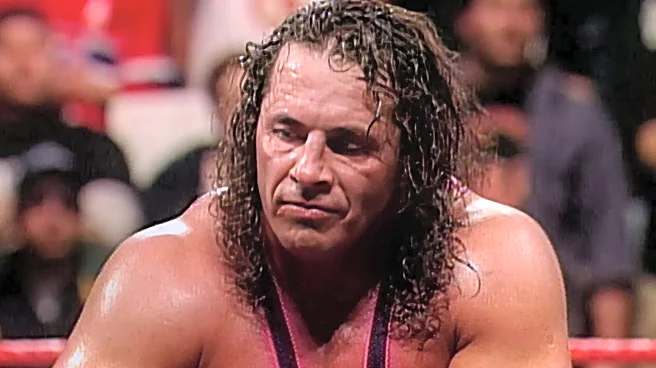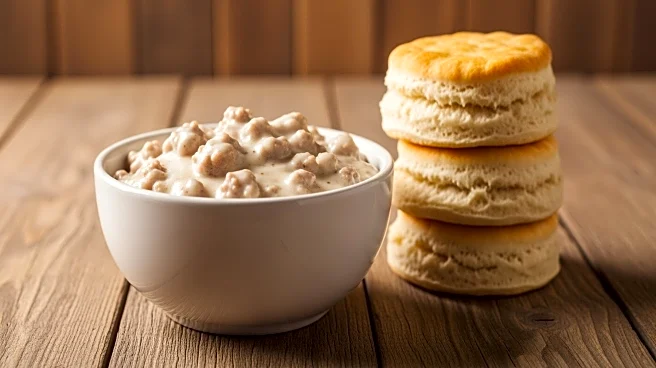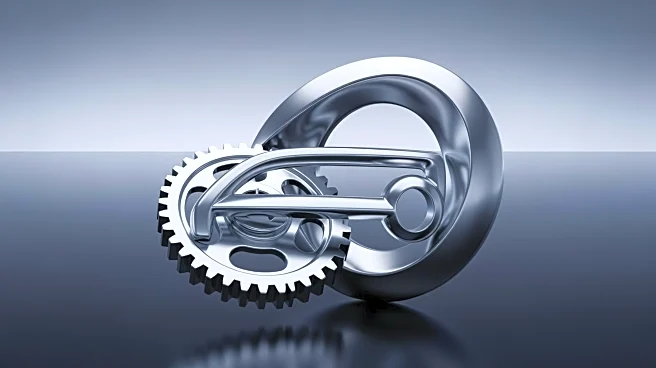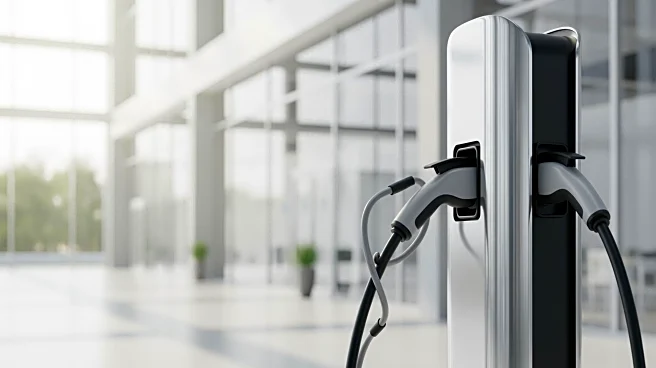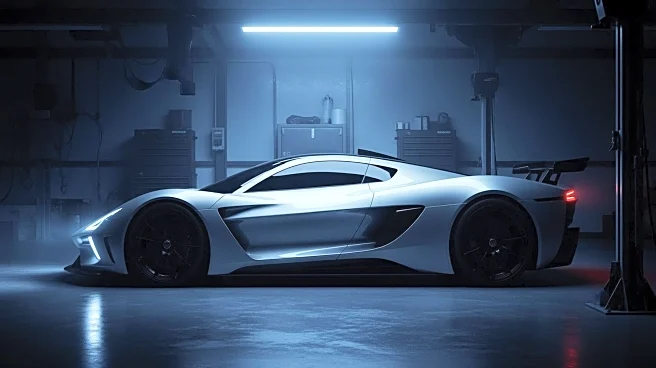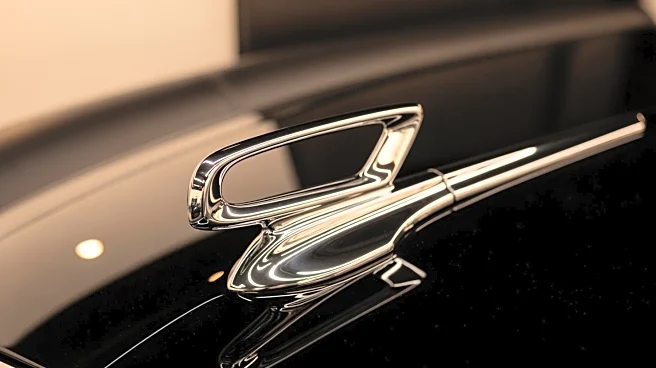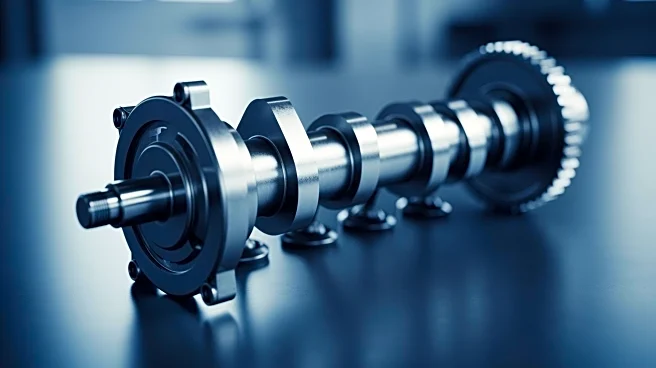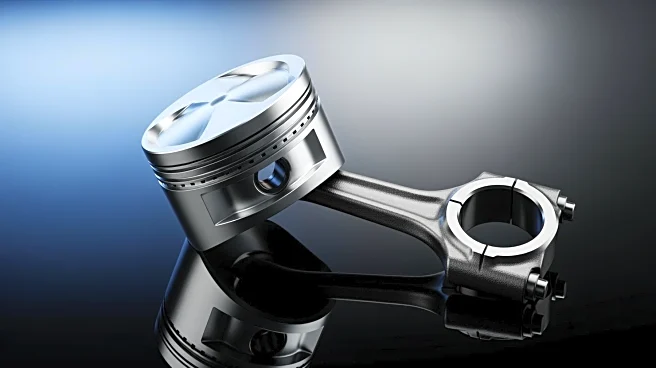He may be known as Bret “The Hitman” Hart, but the more he talks these days, the more fitting the name “Bitter Betty” Hart becomes.
During a recent live sit-down interview with media personality Walandi Tsanti while Hart was in Germany, “The Hateman” — excuse me, “The Hitman” — continued to do what he does best: hate.
His target this time? The late Hulk Hogan.
To give some context, Hart did what has become a trademark of his post-wrestling career: put himself over by tearing others down.
Speaking in front
of fans, Hart reflected on his failed singles push in 1988, recalling how people said he had no personality and no charisma. At the time, he was feuding with Bad News Brown. At WrestleMania IV, the two were the final competitors in a battle royal when Brown turned on Hart and eliminated him — a moment that helped turn Hart into a babyface.
Instead of taking responsibility for his lack of traction, Hart blamed Bad News, with whom Hart had a rocky history dating back to their time in Hart’s father’s Canadian promotion, Stampede Wrestling.
“I remember thinking, ‘How do you have charisma wrestling Bad News Brown?’” said Hart.
While Brown may have been tough to work with, the real answer is simple: with compelling promos — something long seen as Hart’s weakness.
Rather than admit any shortcomings, Hart pointed the finger at WWE management, saying, “I didn’t make it because of my fault. I didn’t make it because of your fault, the fact that you didn’t do anything with me.”
He also talked up his international popularity, especially in Germany. He claimed fans there were more passionate about him than about Hogan, the Ultimate Warrior, or Randy Savage.
Hart then took aim at WWE’s muscular stars of the 1990s, who were fading from the spotlight as the federal government began building a case against then-WWE boss Vince McMahon over alleged steroid distribution. Noting how only smaller wrestlers like himself, Shawn Michaels, and Marty Jannetty remained, Hart made sure to boost the little guys.
“We’re all better wrestlers than the big guys, the big steroid freaks,” said Hart.
Indeed, Hart finally got his big solo break, beginning in 1991 shortly after he and his longtime partner, Jim Neidhart, lost the WWE Tag Team Titles.
Hart credited “Mr. Perfect” Curt Hennig and “Rowdy” Roddy Piper for putting him over. Because of them, Hart feels they helped make him a star, something Hogan didn’t do for him. And according to Hart, that was something Hogan didn’t do for anyone.
Said Hart:
“When I look back on my career and I look back on wrestling, the industry, and I look back on what Roddy and Mr. Perfect did for me, I can tell you that Hulk Hogan never did that for anybody. He never helped anybody else after his time was being the top guy.
“He would rather see the company sink than actually come back and help make the next star, which in wrestling, that’s kind of how it always works. The next guy builds the next guy after. It’s like everybody helps each other, kind of thing.”
To be clear, Bret Hart is one of the greatest wrestlers of all time. As an in-ring storyteller, he is arguably the best ever. Sadly, Hart is also something else.
Bret Hart is, at best, selective with the facts.
Contrary to popular belief, Hogan helped elevate several wrestlers. While he usually came out on top — a decision ultimately made by Vince McMahon — Hogan often put himself in vulnerable positions against stars like Paul Orndorff, Randy Savage, and Earthquake. Though they never pinned him, leaving Hogan laid out after a brutal attack was his way of making them look strong.
When it came time for Hogan to do the honors, he did so on more than one occasion. Despite his reluctance, Hogan put the Ultimate Warrior over clean at WrestleMania VI. After returning to WWE in 2002, Hogan helped solidify The Rock as a star at WrestleMania X8. Months later on SmackDown, Hogan allowed himself to get bloodied and decisively beaten by Brock Lesnar as WWE began pushing Lesnar to the moon.
Hogan also famously dropped the WWE Title to Yokozuna at the King of the Ring in 1993 as Hogan was preparing to leave the company.
And that’s where Hart’s bone of contention began and still lingers to this day.
The History Of Hogan vs. Hart
In 1993, Hart was the WWE Champion heading into WrestleMania IX to face Yokozuna. However, ticket sales were lagging until WWE announced the return of Hulk Hogan, who had been on hiatus since the previous Mania.
At WrestleMania IX, Hart lost the title to Yokozuna, who then dropped the title to Hogan moments later in an impromptu title match.
According to Hart, he was told he’d win the title back from Hogan at SummerSlam. Instead, he later learned that Hogan refused to put him over, allegedly saying Hart “wasn’t in his league.” Hogan, however, claimed he had always planned to drop the title back to Yokozuna and that Hart was misled by McMahon, who had told conflicting stories to both men.
Behind the scenes, Hogan reportedly saw more financial upside in working with a monster heel like Yokozuna than in a babyface-vs-babyface match against Hart. This business logic, according to WWE executive Bruce Prichard, may have influenced Hogan’s reluctance and McMahon’s shifting plans. The fallout led to a heated confrontation between Hart and Hogan, something Hart still clings to.
Where Bret Is Right, Where Bret Is Wrong
As Hart noted in his interview, wrestling is full of politics and backstabbing — and Hogan has been accused of both throughout his career. Hart continued to emphasize that it takes working with established stars to help create new ones. The fact that Hennig and Piper were willing to put Hart over speaks volumes about their professionalism, for which they should be applauded.
However, working with — or even beating — a star doesn’t automatically elevate someone. What truly makes a wrestler a star is how they’re presented, and yes, that “dirty word” again: charisma — the ability to connect with the audience on a larger scale.
In 2005, John Cena became WWE Champion at WrestleMania 21, launching his run as the face of the company. But he didn’t beat an icon like The Rock or “Stone Cold” Steve Austin. Instead, he beat John “Bradshaw” Layfield, a veteran who had only recently found success as a singles act.
Still, Cena rose to the top, powered by his charisma and WWE’s marketing machine. By the time he defeated The Rock eight years later, Cena was already a made man.
Another point that Hart often conveniently overlooks is that while Hennig and Piper were admirable for lifting Hart, Hogan was right to protect himself. It might seem selfish — and maybe it was — but in wrestling, a star must protect their aura.
Had Hogan lost to Hart and the match been a commercial failure, it could have hurt Hogan’s drawing power. By looking out for himself, Hogan arguably protected the business, which relied heavily on him being a proven draw.
In 2002, Steve Austin — who still saw himself as a top star — refused to lose to Brock Lesnar, who had yet to become the King of the Ring, in an unadvertised Raw match. In fact, he walked out of WWE over it.
Austin later admitted he regretted how he handled it, but not the principle behind it. He believed a properly built match with a more established Lesnar could have delivered a bigger payday, which would have benefited everyone involved.
But apparently, it’s easier for Hart to blame Hogan than to accept his shortcomings — and to admit what pro wrestling really is: a business. A business built to make money — something Hart was struggling with based on early WrestleMania IX ticket sales.
But who cares about making money so long as Bret gets his push, right?
Now who’s selfish?
